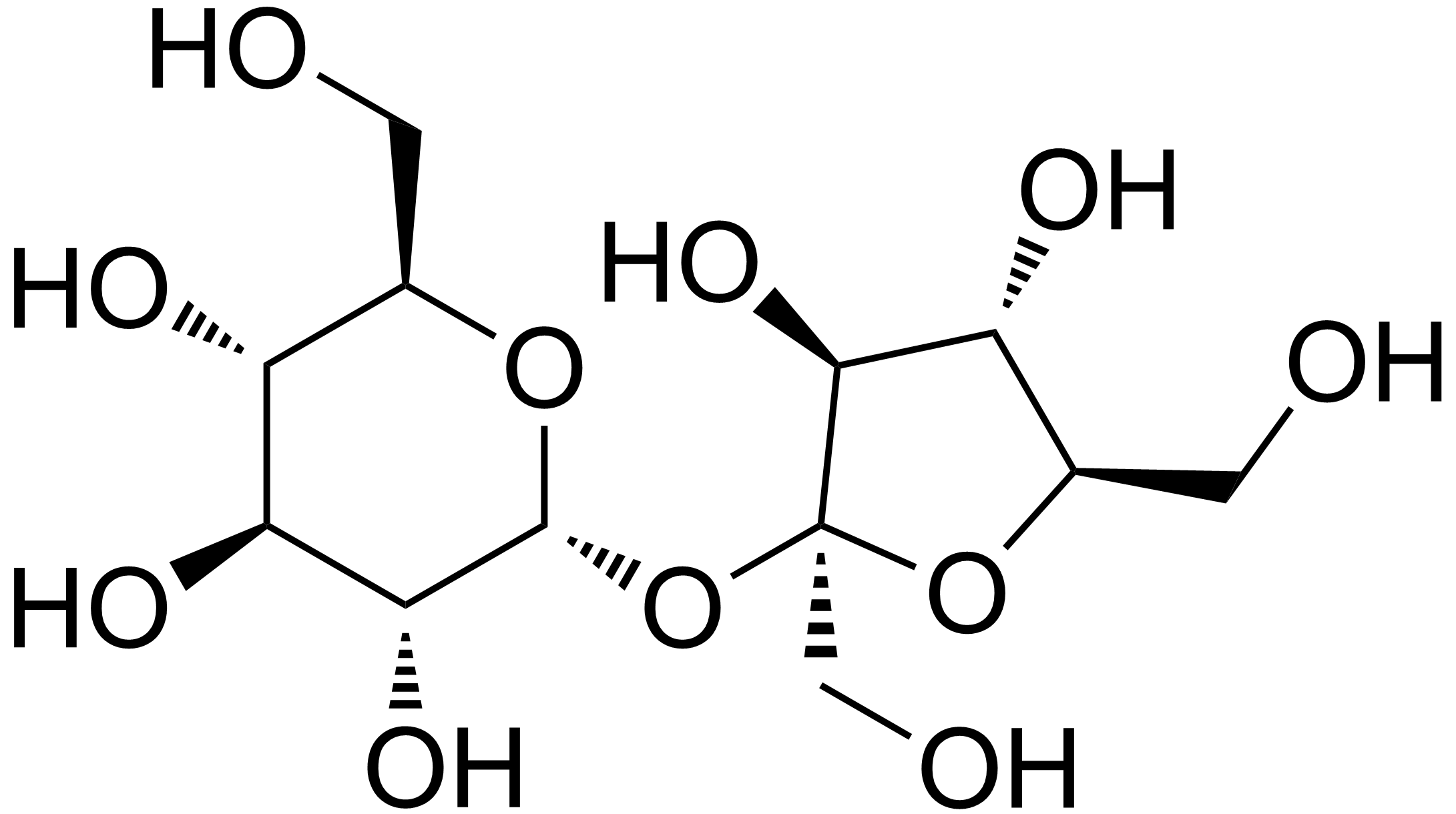Originally posted by fraidycat
View Post
Some concern has been raised about the effect of sucralose on the thymus. A report from the Australian National Industrial Chemicals Notification and Assessment Scheme (NICNAS) cites two studies on ****, both of which found "a significant decrease in mean thymus weight" at high doses.[16] The sucralose dose which caused the effects was 3000 mg/kg/day for 28 days. For a 150 lb (68.2 kg) human, this would mean an intake of nearly 205 grams of sucralose a day, which is equivalent to more than 17,200 individual Splenda packets/day for approximately one month. The dose required to provoke any immunological response was 750 mg/kg/day,[17] or 51 grams of sucralose per day, which is nearly 4,300 Splenda packets/day. After evaluation of these data and other toxicological findings, the NICNAS report concluded that sucralose does not pose a hazard to public health.
The Sucralose molecule contains chlorine. A popular claim by organisms such as the food industry-backed IFIC [21] is that food products such as table salt also contain chlorine. This is misleading, since the chemistry and health effects of inorganic chlorine salts is very different from that of organic chlorinated compounds, or organochlorides.
Sucralose belongs to a class of compounds known as organochlorides (or chlorocarbons). Some organochlorides, particularly those that accumulate in fatty tissues, are toxic to plants or animals, including humans. Sucralose, however, is not known to be toxic in small quan****** and is extremely insoluble in fat; it cannot accumulate in fat like chlorinated hydrocarbons. In addition, sucralose does not break down or dechlorinate
Sucralose belongs to a class of compounds known as organochlorides (or chlorocarbons). Some organochlorides, particularly those that accumulate in fatty tissues, are toxic to plants or animals, including humans. Sucralose, however, is not known to be toxic in small quan****** and is extremely insoluble in fat; it cannot accumulate in fat like chlorinated hydrocarbons. In addition, sucralose does not break down or dechlorinate







Comment